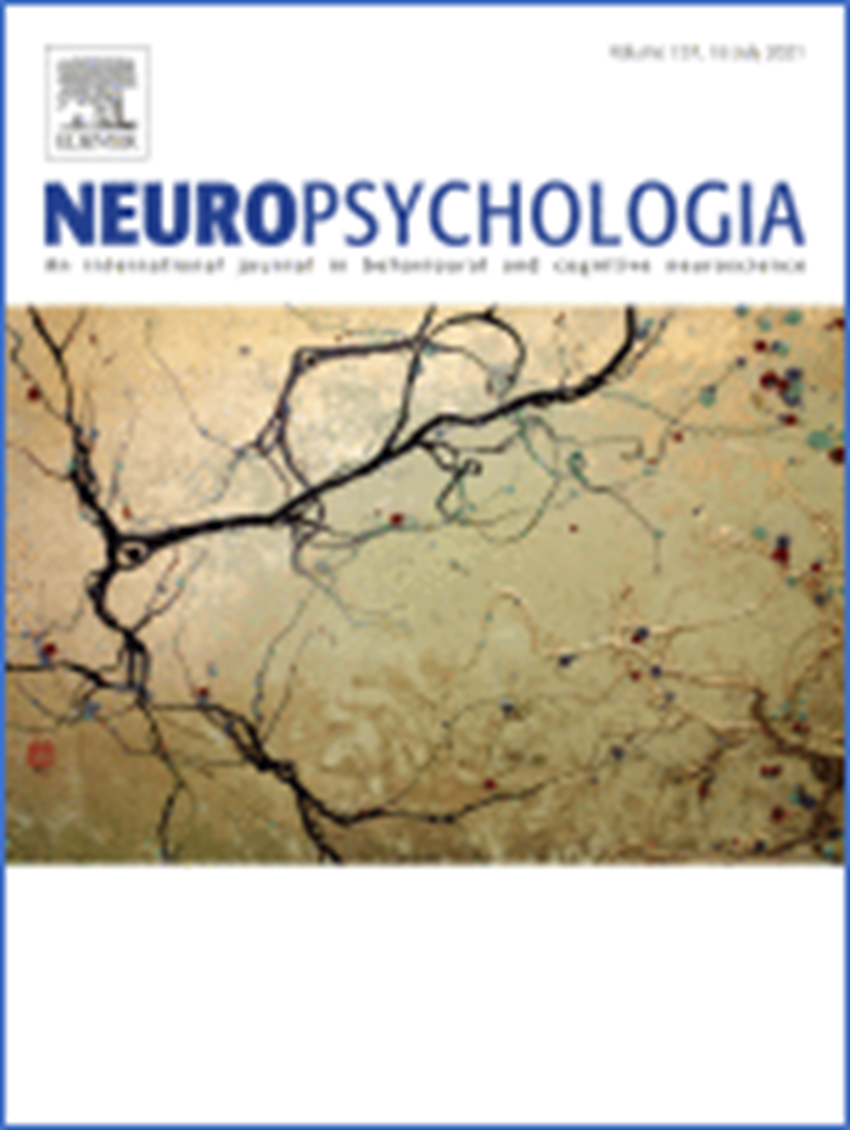Stephen Badham e colaboradores publicaram na revista Neuropsychologia, o artigo Age differences in resting state EEG and their relation to eye movements and cognitive performance no âmbito de um projeto apoiado pela Fundação BIAL. Mais informação sobre o projeto disponível aqui
“Prior research has focused on EEG differences across age or EEG differences across cognitive tasks/eye tracking. There are few studies linking age differences in EEG to age differences in behavioural performance which is necessary to establish how neuroactivity corresponds to successful and impaired ageing. Eighty-six healthy participants completed a battery of cognitive tests and eye-tracking measures. Resting state EEG (n = 75, 31 young, 44 older adults) was measured for delta, theta, alpha and beta power as well as for alpha peak frequency. Age deficits in cognition were aligned with the literature, showing working memory and inhibitory deficits along with an older adult advantage in vocabulary. Older adults showed poorer eye movement accuracy and response times, but we did not replicate literature showing a greater age deficit for antisaccades than for prosaccades. We replicated EEG literature showing lower alpha peak frequency in older adults but not literature showing lower alpha power. Older adults also showed higher beta power and less parietal alpha power asymmetry than young adults. Interaction effects showed that better prosaccade performance was related to lower beta power in young adults but not in older adults. Performance at the trail making test part B (measuring task switching and inhibition) was improved for older adults with higher resting state delta power but did not depend on delta power for young adults. It is argued that individuals with higher slow-wave resting EEG may be more resilient to age deficits in tasks that utilise cross-cortical processing.”





























































































